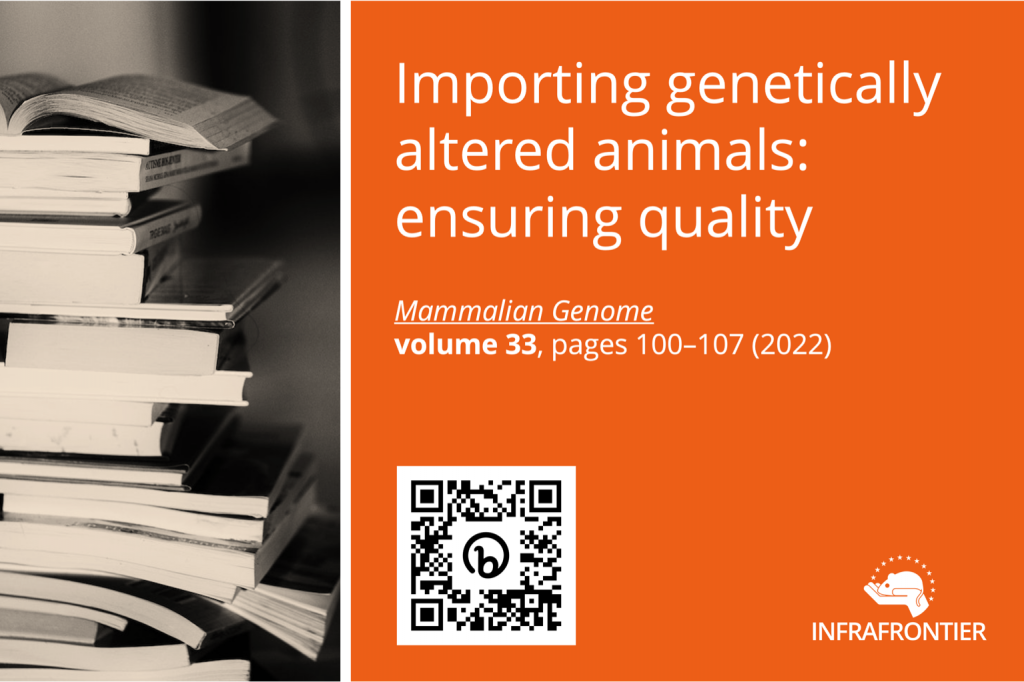Importing Genetically Altered Animals: Ensuring Quality
A useful resource for institutions that receive laboratory animals from colleagues or third parties to ensure that a tried and tested system of quality control is in place.
This not only guarantees the reliability of the provided information, but the reproducibility of any experiments carried out using those animals, a key element in the effort to minimise the numbers of animals used and maximise the outcomes of such experiments. The genetics, health and environment of the animals have a significant effect on the observable phenotypes and needs to be preserved and documented in the context of a very low reported reproducibility of published data. This requires very clear definition of parameters, such as the specific genetic alteration, the possibility of contaminant alleles being present, the precise genetic background of the strain, the health status, and housing conditions. The cost/benefit analysis for this effort is certainly favourable both ethically and financially and results in an increased reliability and reproducibility of the data generated.
Original publication:
Lydia Teboul et al, Deep phenotyping and lifetime trajectories reveal limited effects of longevity regulators on the ageing process in C57BL/6J mice. Mammalian Genome 33, 100-107 (2022).
DOI: 10.1007/s00335-021-09908-x
